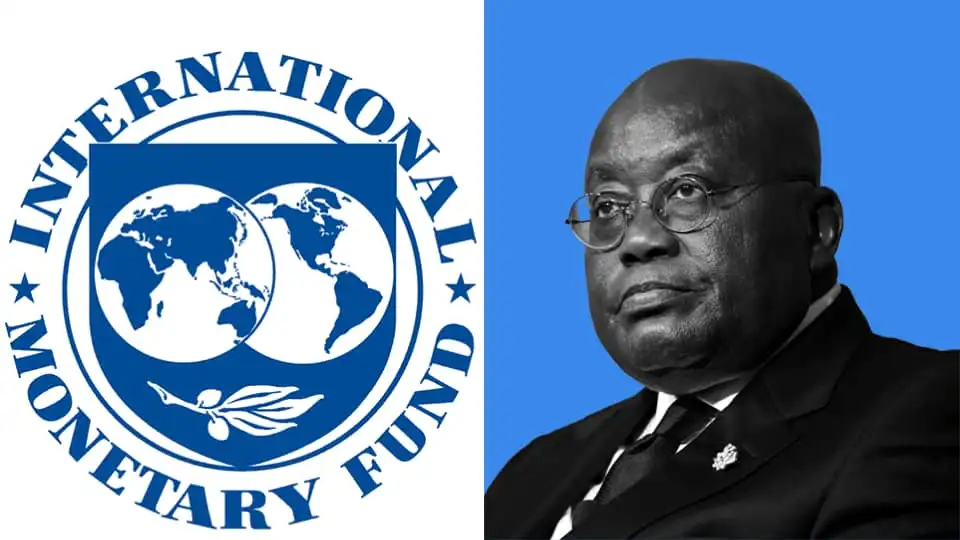As part of effort to get a lasting solution for Ghana’s industrialization, the Alliance for Development and Industrialization, (ADI) is calling on the two Bretton Institutions – the International Monetary Fund, (IMF) and the World Bank to channel its financial assistance for Ghana in the industrialization sector of the economy.
In a statement issued in Accra and signed by the president of the think-tank, Richard Danso, said the current GDP growth depicts that the fundamentals are there for Ghana to structure and build the economy.
The recent figures released by the Ghana Statistical Service, (GSS), depict that the economy expanded by 4.8 percent of GDP. However the manufacturing sector recorded a GDP growth of 8.8 percent by the end of the second quarter of this year.
According to ADI, over the years most of the World Bank project support has not helped enough to catapult the needed impact expected by the International Development Agencies. The challenge has been that private participation has been lacking and this has not helped the country to record the needed growth.
The statement said the impact of the country’s industrialization on the economy could be achieved if all donor support is focused on industrialization and privatization which would lead to a sustainable social development.
“We believe that Ghana’s dependant on cocoa should be diverted for a multi sectorial focus , for example mango, avocado, coconut among others. Our natural resources should be processed at an affordable price to take advantage of the Africa Continental Free Trade Agreement” it said.
It said “the cedi depreciation gives Ghana the opportunity to trigger Africa’s industrialization and export drive among member countries which would give the country the needed forex, improve our balance of payment, shore up our reserves as well as stabilize the cedi” .
“We believe that notwithstanding the cedi depreciation with its profound advantage , it needs a critical investment for the country to realize it returns” it said.
ADI pleads with the government to strengthen financial institutions so they can attract the needed investments as well as FDIs flows into the country.
It advised the government to cut down on public service expenditure by introducing private sector participation to promote good performance and efficiency.
By Ruth Aboagye

